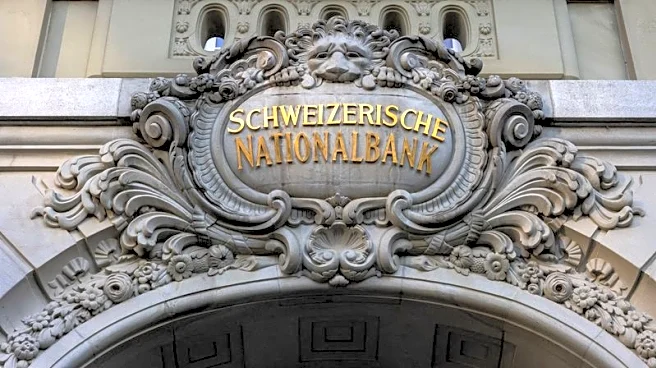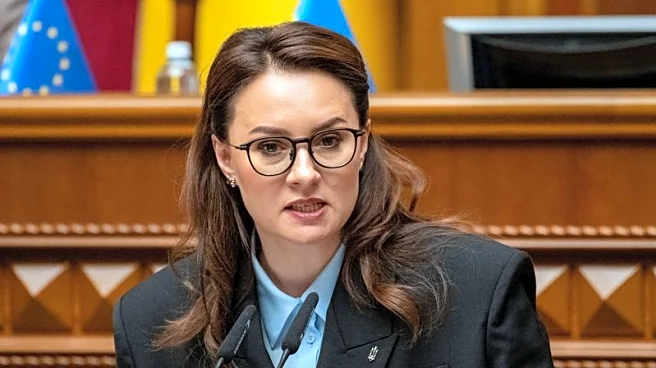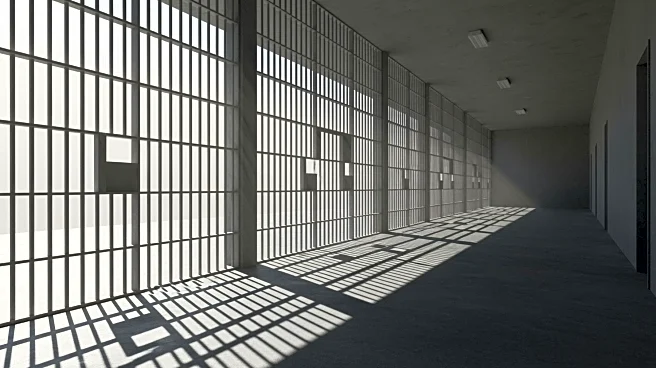ZURICH (Reuters) -The Swiss National Bank sees a high bar before reintroducing negative interest rates, chairman Martin Schlegel said in his last interview before the central bank's monetary policy decision
later this month.
The SNB would not hesitate to act if necessary, Schlegel told Migros-Magazin, but he was also aware of the undesirable effects of negative rates.
The SNB, which in June cut its policy rate to zero to tackle persistently low inflation, previously had negative interest rates from December 2014 to September 2022.
"We are aware that negative interest rates can have undesirable side effects, for example for savers and pension funds," Schlegel said in the interview published on Monday.
"The hurdle to reintroducing them is high," he added.
Schlegel rejected criticism that the SNB had previously cut rates too much, leaving it little room to react to economic shocks before it entered negative territory again.
Instead, the central bank, which targets annual inflation of 0-2%, had to act proactively to keep prices stable, he said.
"In monetary policy, you can't afford to hesitate when a decision is necessary," Schlegel said. "Otherwise, you have to take stronger countermeasures later on."
Markets and analysts currently expect the SNB to leave interest rates unchanged at its next meeting on September 25, especially after Swiss prices remained within its target range in August for the third month in a row.
The current economic turmoil, especially with the U.S. imposing tariffs of 39% on Swiss imports, meant the SNB would prefer to keep its options open, analysts said.
The U.S. tariffs created a lot of uncertainty, with many companies investing less, Schlegel said.
"Individual companies can of course be severely affected by the tariffs," he said. "That has a negative impact on the economy. How big the effects are in total remains to be seen."
(Reporting by John RevillEditing by Dave Graham)









